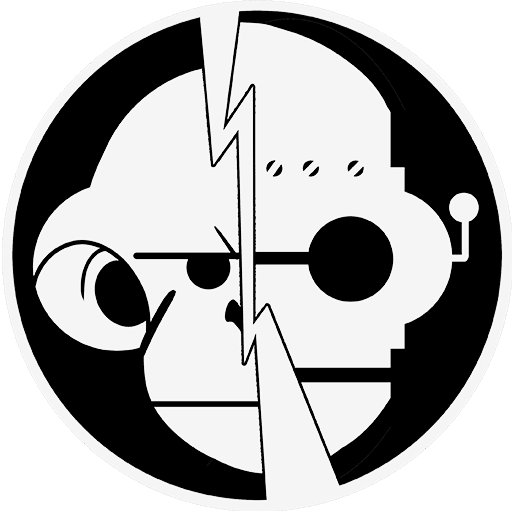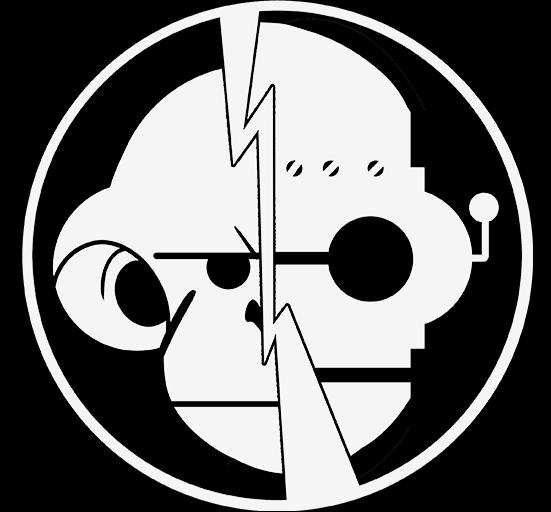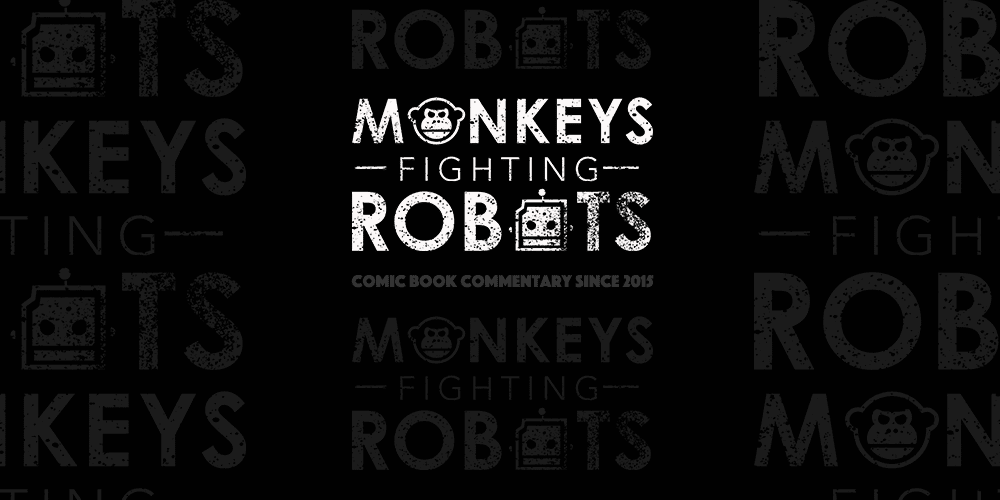Unforgiven is the greatest Western of Clint Eastwood’s decades-long journey through the genre. It is great because it’s Eastwood’s ode to the Western; it is great because it functions with a deft economy of thematics; it is great because it is not a Western, not in the traditional sense, but a mournful examination of what once was.
There are no heroes in Unforgiven, not even William Munny, Eastwood’s timeworn former bandit, killer of women and children. Munny has long since abandoned the iconic world of good and evil, a world upon which this genre has been built. His late wife cured him of his “wicked ways,” so he spends the twilight of his life – a miracle life, given his age, former occupation, and the fact this is the late 19th century – keeping his head down. He’s a pig farmer with a young son and daughter, and he is hiding away from the world he once actively tried to burn down in his youth.
Munny would prefer to live his life in anonymity on The Northwestern plains, but a young man who calls himself The Schofield Kid (Jaimz Woolvett) comes calling. There’s been a brutal assault on a prostitute in nearby Big Whisky, and a bounty has been put out for the two cowboys who roughed up the girl. On his own time, Munny convinces himself this is the thing to do, and he enlists the services of his oldest friend, Morgan Freeman’s Ned Logan.
The world of Big Whisky is even more fascinating than the journey of Munny, Ned, and the kid. It’s run by a short-tempered sheriff, Little Bill, played by Gene Hackman in one of the greatest performances of his career. Little Bill is painted as our villain from the outset; but just as William Munny is not our hero, Little Bill is not the man in the black hat. He is a vindictive borderline sociopath, but he is driven by a set of morals so engrained in him over the years that it has corrupted his ability to evolve with the world. Little Bill is a harsh man who has found himself in an all new world, one he can’t fit into, one he can only try and control with violence and intimidation.
Meanwhile, we learn about William Munny as the trio of would-be assassins make their way to Big Whisky. At one point, Munny tries to convince Ned (and himself) that he changed his ways. He no longer drinks and kills indiscriminately. But he doesn’t believe what he’s saying. The images of the women and children, and poor souls who dared cross his path, haunt him incessantly; this journey to kill has stoked the fire again, and it frightens him.
Unforgiven has a unique structure, almost functioning as two separate movies that converge in the end. Will and Ned’s journey with the kid juxtaposes the story of Little Bill and English Bob, a phony British “legend” played marvelously by Richard Harris. By the time Munny and Little Bill meet, inside the saloon in the dead of night, we have spent a fair amount of time with both men. We understand where they are coming from; and the villainy Bill exudes, while enough to paint him as the antagonist, comes from an understandable place.
Eastwood’s film is a story of what happened to the characters he played in his youth. Those killers and outlaws in the Man With No Name trilogy, Josey Wales, and Pale Rider, what if they grew old? Would they be haunted by the faces of the people they killed? It may be a mournful picture, but it’s a beautiful one, built on a foundation of emotions and nostalgia from the mind of one of the genre’s masters. Eastwood and cinematographer Jack Green paint a stunning portrait of the American West, albeit one occupied by corrupted men whose mere existence is ill fitting.
Unforgiven won four Academy Awards in 1992, and it remains Eastwood’s last Western. There would be nothing more for Eastwood to say on the genre after this, his requiem for the Old West, an examination of the sins we cannot escape and the peace we may never find.



